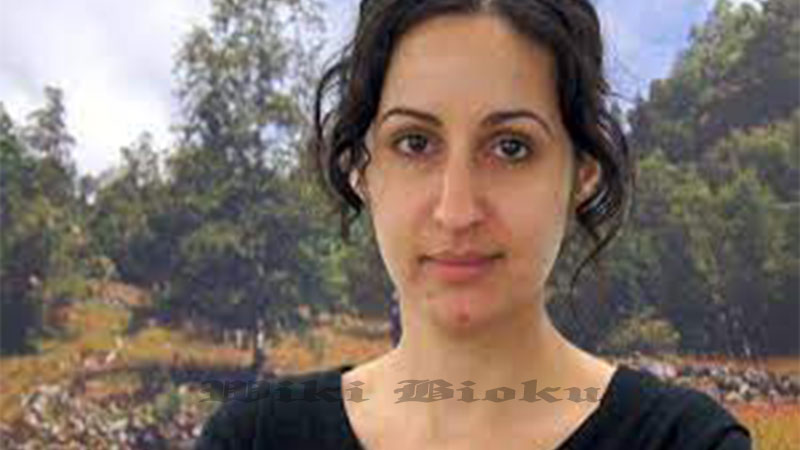Mariam Ghani Biography – Wiki
Mariam Ghani said she was ‘angry, heartbroken and terribly scared’ for her friends and family in Afghanistan.
Mariam Ghani is the daughter of Ashraf Ghani and his Lebanese wife Rula Ghani, Mariam Ghani was born in the United States. Her parents raised Mariam and her brother Tarek in Maryland, where Ashraf Ghani was a teacher at Johns Hopkins University. In a 2015 interview with the Times, Mariam Ghani once said that not many knew about her relationship with her father. “There are a lot of people in the art world who don’t know, which is preferable,” she said.
She has directed multiple feature documentaries, including one titled ‘What We Leave Unfinished’, which tells of five films that were started but abandoned in the communist era: Afghanistan. Ghani has been hailed as a “feminist, archivist, and activist.” She is reported, “well versed in the politics of extraordinary acting, as she is on Brooklyn’s quest for homemade passion fruit chili sorbet.”
Age
Mariam Ghani is 42-years-old.
Education
She attended New York University, followed by the School of Visual Arts, before settling in New York as an artist. Her art is often inspired by her experience of growing up in a multicultural environment, with Afghanistan as the central focus. “I grew up a lot between cultures. And that’s the position from which I work as an artist,” says her artist biography.
Her work has been exhibited at the Guggenheim Museum and MOMA in New York, as well as at the Tate Modern in London. Mariam has worked as a teacher at Bennington College in Vermont since 2018.
Career
Mariam Ghani, a 42-year-old artist, and filmmaker from New York were attacked by social media users for leading a life of peace and freedom, while women in her country suffer inhuman oppression at the hands of the Taliban. Meanwhile, her 72-year-old father and Afghan President Ashraf Ghani are hiding in a secret location, with rumors saying he is in Oman, Uzbekistan, or Tajikistan.
Amid a severe backlash, Ghani defended her stance to flee the country and hand over power to the Taliban. “If I had stayed, countless of my compatriots would be martyred and Kabul would face destruction and turn into ruins that could result in a human catastrophe for its six million inhabitants,” he said in a social media post from an undisclosed location.
In her latest Instagram post, Mariam Ghani shared resources to help Afghan citizens. She wrote a detailed caption that read: “To everyone who has signed up and communicated in solidarity over the last few days: Thank you. It has meant a lot. I am quite exhausted, but I hope I can answer for all of you individually at some point.
This post is an answer to the question that many have asked: What can we do to help Afghans right now? If you are interested in coordinating a letter campaign on the state of cultural workers, please enter There are also some talking points #shareds for reaching out to elected officials in the US and advocating internationally, and a link in my profile to a vetted list of places to donate to IDPs and volunteer to help refugees (for (e.g., pro bono legal services, translation, welcome cart.) Also, if you lead an institution and can sponsor at-risk migrants, start a conversation. Serious discussion with your institution on how to do this and check @atriskartists for models and resources. To donate specifically to help Afghan Artists: @aaawa_art.


